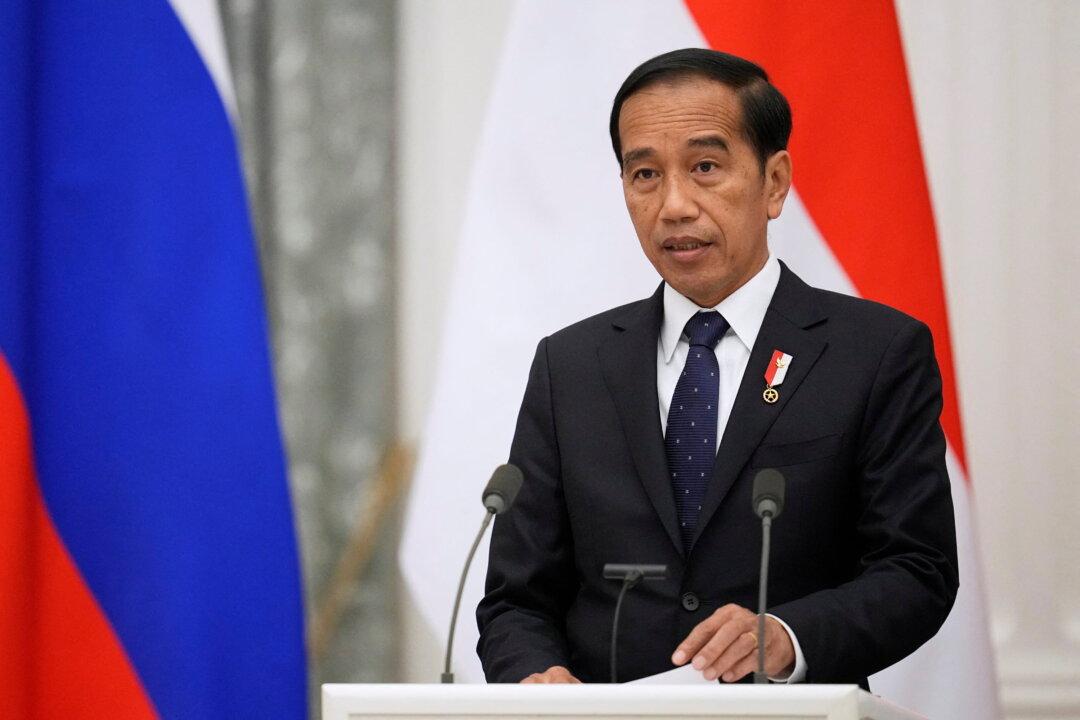Indonesian President Joko Widodo has said that the country is weighing “all options” and may join India and China in purchasing Russian oil amid soaring energy prices.
“We always monitor all of the options. If there is the country [and] they give a better price, of course,” Widodo said in a recent interview with the Financial Times after being asked whether Indonesia would buy Russian oil. “There is a duty for [the] government to find various sources to meet the energy needs of their people. We want to find a solution.”




